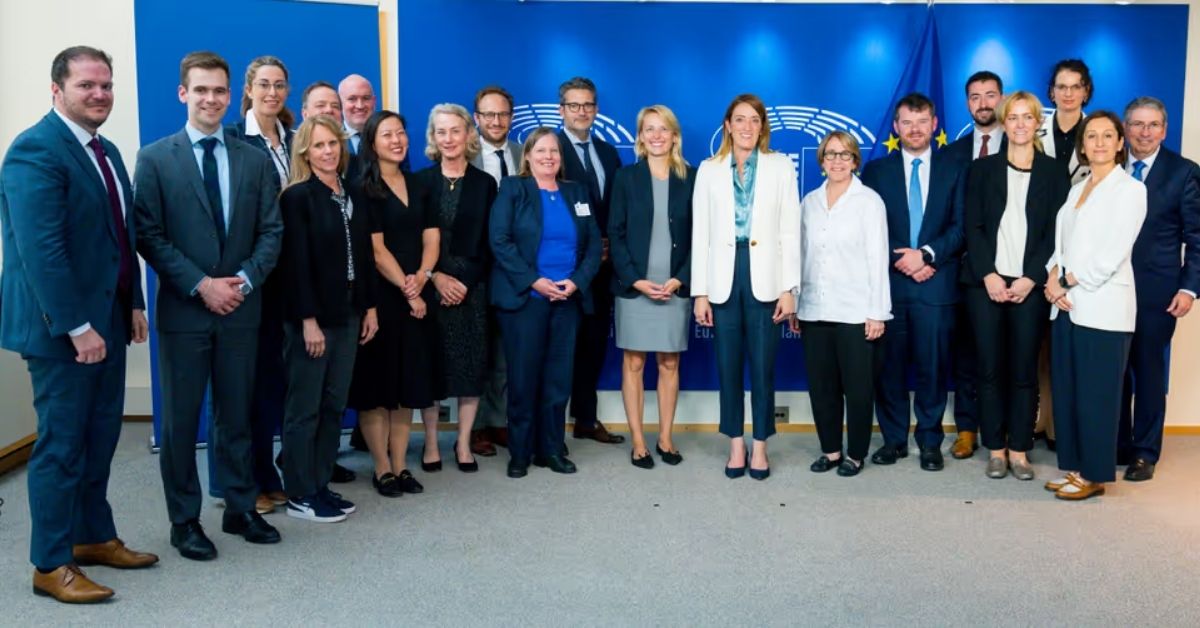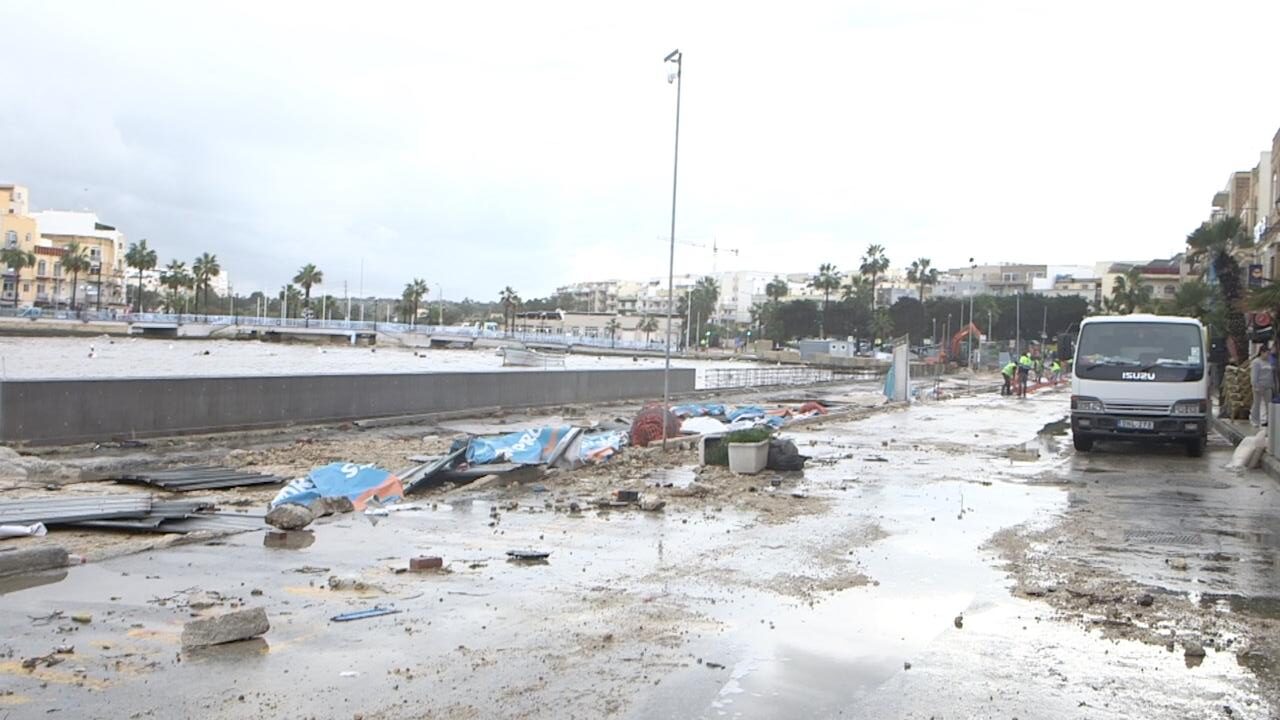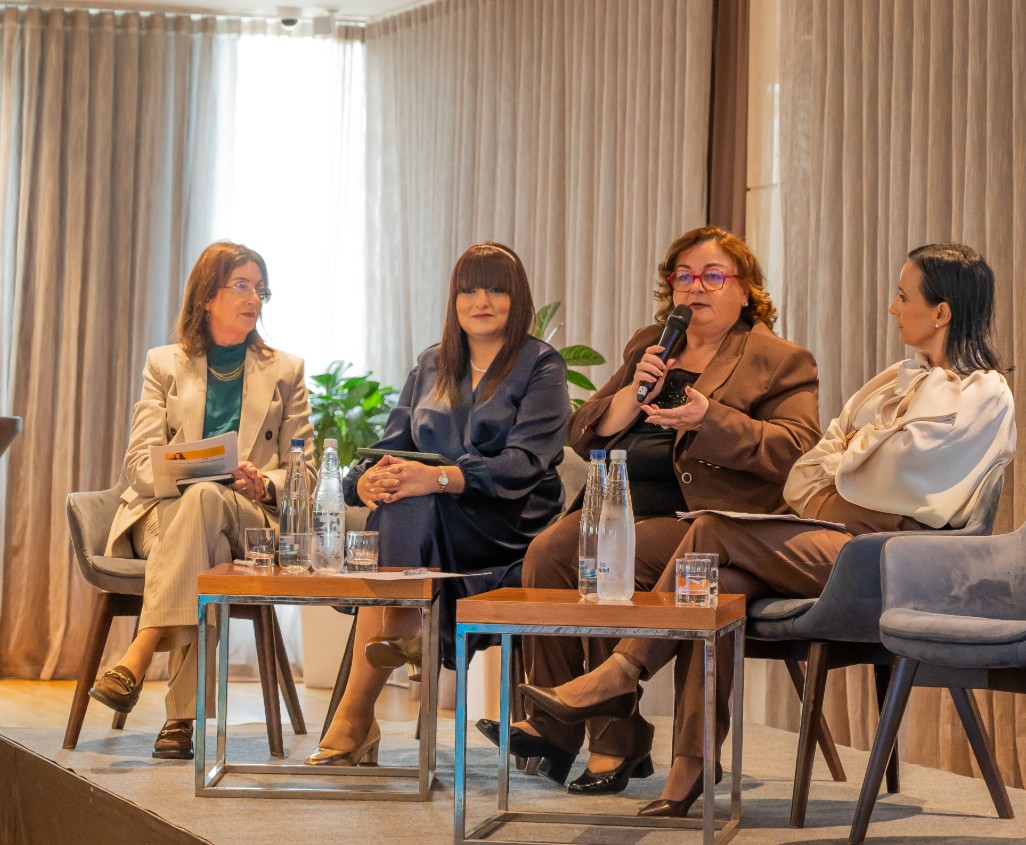Rhetoric used by Finance Minister Clyde Caruana ahead of the presentation of the Government’s budget for 2024 has come in for sharp rebuke by a leading business advisor, who has described the pre-budget document’s pointed reflections on the role of company profits in fuelling inflation as “ill-advised”.
Silvan Mifsud, director of advisory services at EMCS and a council member of The Malta Chamber, made the comment during an interview with BusinessNow.mt, where he delved into the business lobby’s pre-budget proposals and sought to define its understanding of the challenges facing the country and its suggested solutions.
The Government’s pre-budget document includes the unequivocal statement that company profits are “the most significant driver of domestic price pressures.” It further encourages businesses to look within and use the high profits registered in the post pandemic period as a buffer against future wage increases, while investing retained earnings into increasing their capacity and meeting growing demand, thereby limiting inflationary pressures.
For Mr Mifsud, who also chairs The Malta Chamber’s family business committee, this represents a misguided attempt to shift the burden of responsibility for inflation onto businesses over which Government ultimately has no control.
“Government has no say over whether companies will actually eat from their profits or simply pass on price increases to their customers,” he notes.
Just as worrying is the rhetoric being used, with Mr Mifsud warning against “starting, in any sense or way, waging war on private enterprise. “We had that experiment done decades ago. It didn’t work very well – it just made everyone poorer. So I do not think this is the route we should be taking.”
The business advisor believes that the main aim of the Government’s fiscal policy for the next year should be on reducing and attacking inflation, arguing that doing so is even more important than growing economic output
“What we mean when we talk about inflation lies at the heart of Malta’s competitiveness,” he says. “The problem with inflation is that it makes Malta less attractive for business. We must remember that we compete with the rest of the world on everything, from financial services to tourism and manufacturing. No one owes us a living.”
Central to this conversation are wages, which are likely to face major upward pressure through the Cost of Living Adjustment (COLA), expected to reach its highest ever level of €12 to €13 per week, and an increase to the minimum wage recently alluded to by Prime Minister Robert Abela.
“Employers are facing an annual wage increase, per worker, running dangerously close to €1,000, when taking into account the increase in National Insurance (NI) paid by the employer,” says Mr Mifsud. “At that level, it is not a question of the employer’s desire or otherwise to bear it.”
He says that fears of a wage-price spiral are very much warranted, despite the Ministry of Finance’s assertion to the contrary. “Employers need to finance these increases from somewhere. That leaves two options: taking the hit or increasing prices.”
Both routes present significant downside risks. While raising prices could lead to further inflation and further erode Malta’s competitivity, financing wage increases from within is not simply a matter of some companies registering lower profits, argues Mr Mifsud.
“Hitting companies’ bottom line means reducing their ability to reinvest, either to grow their business and increase supply, or to finance the digital and green transitions that are a national as well as corporate priority.”
Mr Mifsud also dismisses the counter argument that inflation has little effect on competitiveness when its impacts are felt across Europe and beyond: “For four of the last six months, Malta has had a higher rate of inflation than the euro average. Our labour market is tighter, we are more dependent on food imports, and the subsidisation of energy and fuel is bolstering domestic demand even as it drops across the rest of the EU.”
He continues: “We have a situation whereby European countries are trying to reduce demand to give the supply side time to recover, while Malta goes the opposite direction. So yes, much of Europe is suffering, but it is also taking the medicine required to bring inflation under control. This allows it to swiftly come back on the track to economic growth, while here in Malta we would still be suffering from high inflation – and this time, it would not be imported, but generated internally due to the decisions we have taken.”
Mr Mifsud therefore frames the upcoming Government budget as something of a crossroads for the Maltese economy, and urges the authorities to avoid taking actions that will erect a barrier to economic growth down the road.
“The last thing we need is internal decisions that keep fuelling inflation. Fighting inflation by increasing spending is like a dog running after its tail – it’s a race we cannot win.”
He adds that although the Government ostensibly aims to help low wage earners, any efforts to do so that erode Malta’s competitiveness would be jeopardising their jobs: “If we’re not competitive enough companies can decide to move location or scale down investments, which would ultimately mean fewer jobs. So I strongly advise policymakers to keep this strongly in front of them. We need people with a long term vision, rather than short term populist decisions.”
Wrapping up the discussion, Mr Mifsud stresses that there are no short term solutions that would not bring more problems: “The only real solution is to curb inflation as quickly as possible,” he says, while the issue of low wages would better be tackled through upskilling the Maltese labour force.
“We only have a couple of thousand people on the minimum wage, but we then have around 47,000 who are earn a monthly gross wage of €1,000 or less. This is an indication of how much improvement can be gained by upskilling our workforce. We have to give people better skills to be more productive and earn higher wages they deserve.”
French NGO accuses Metsola and MEP of working with USA to dismantle Green Deal
Bloom calls out EU officials for 'adopting the Trump administration's strategy' to torpedo corporate environmental due diligence
Storm-hit businesses can now apply under amended Malta Enterprise scheme
A new measure offers targeted aid to storm-hit businesses while giving non-compliant operators one year to regularise their permits
Access to finance and rising fraud risks discussed at Malta Women & Finance Summit 2026
Expert advice for spotting scams and opinions on investing






